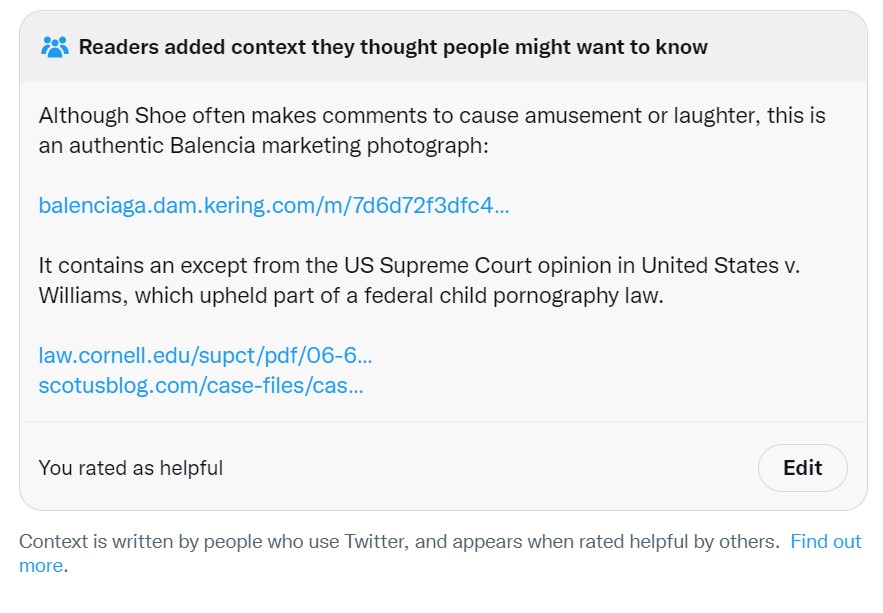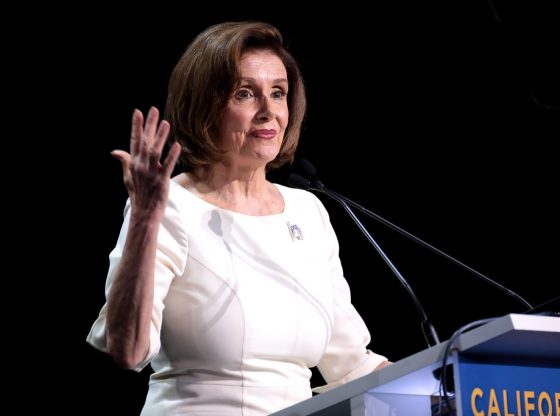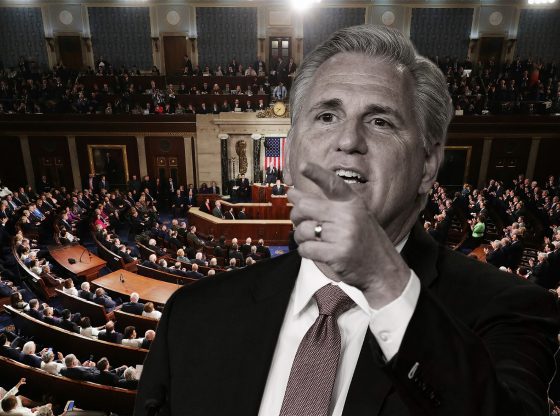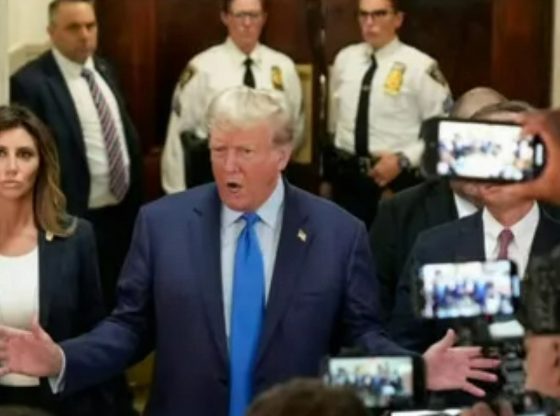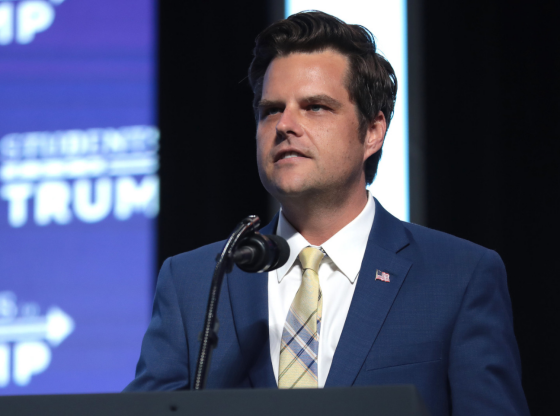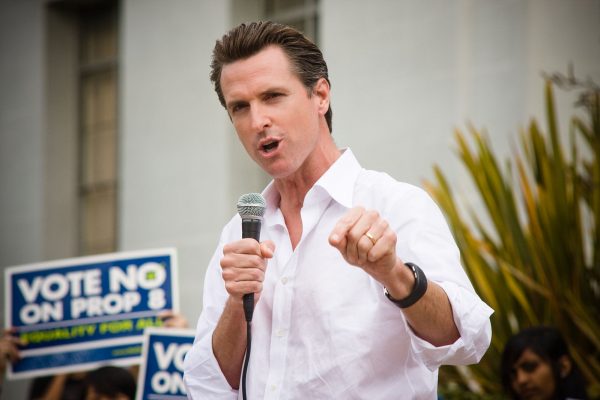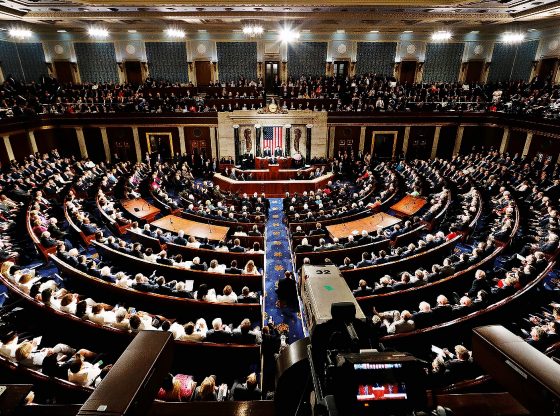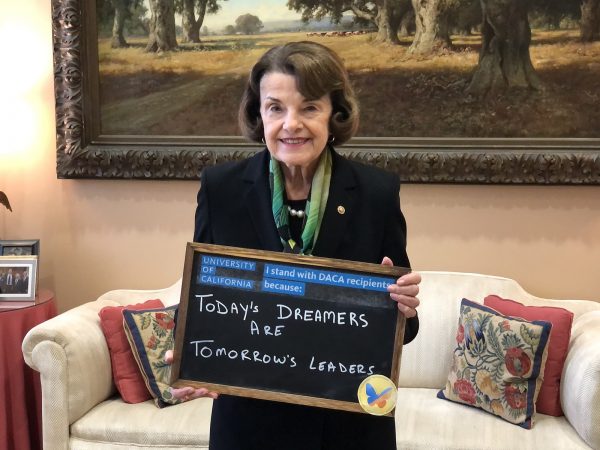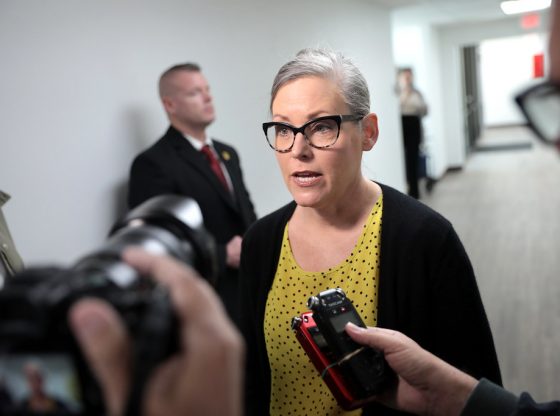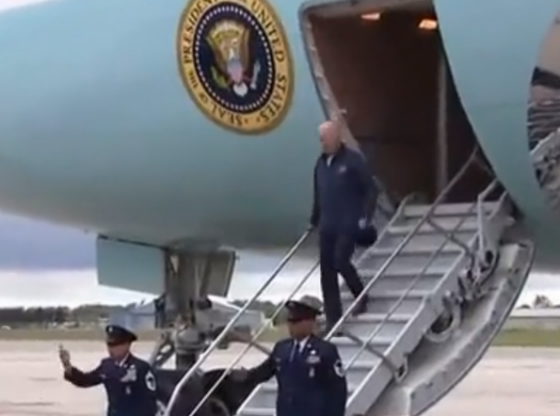The luxury fashion brand Balenciaga came under fire from social media users last week when their ad campaign sparked controversy and outrage when a young child was posed for photos with a teddy bear purse containing bondage gear; but then also chose to leave an excerpt from the United States Supreme Court opinion in United States v. Williams, as well as Ashcroft v. Free Speech Coalition in clear sign on the table in the ad. Both United States v. Williams, as well as Ashcroft v. Free Speech Coalition directly deal with matters surrounding the legality of child pornography. The ad campaign has since been removed from the website, however, their intentions have already been made clear to many. Eventually, social media users wanted to not only hear from Balenciaga following their now-removed ad campaign, but also wanted to hear from the Balenciaga ambassadors.
One of the largest ambassadors for the fashion company is Kim Kardashian, who is already settling out of court due to her endorsing FTX, the cryptocurrency trading platform that is now in shambles.
Many social media users were angered by Karshasian’s choosing not to comment in the days following the Balenciaga controversy, and her silence was made more offensive by the fact that she’s a mother of four young children. After multiple days of outrage over Kardashian choosing not to comment, she took to Twitter Sunday to share her thoughts on the situation:
As a mother of four, I have been shaken by the disturbing images. The safety of children must be held with the highest regard and any attempts to normalize child abuse of any kind should have no place in our society — period.
— Kim Kardashian (@KimKardashian) November 27, 2022
Kardashian added:
As for my future with Balenciaga, I am currently re-evaluating my relationship with the brand, basing it off their willingness to accept accountability for something that should have never happened to begin with — & the actions I am expecting to see them take to protect children.
— Kim Kardashian (@KimKardashian) November 28, 2022
Following the disturbing ad campaign Balenciaga chose to run for their most recent release, many on the internet were outraged to see how the fashion company used imagery featuring a young child holding a teddy bear strangely wearing BDSM attire.
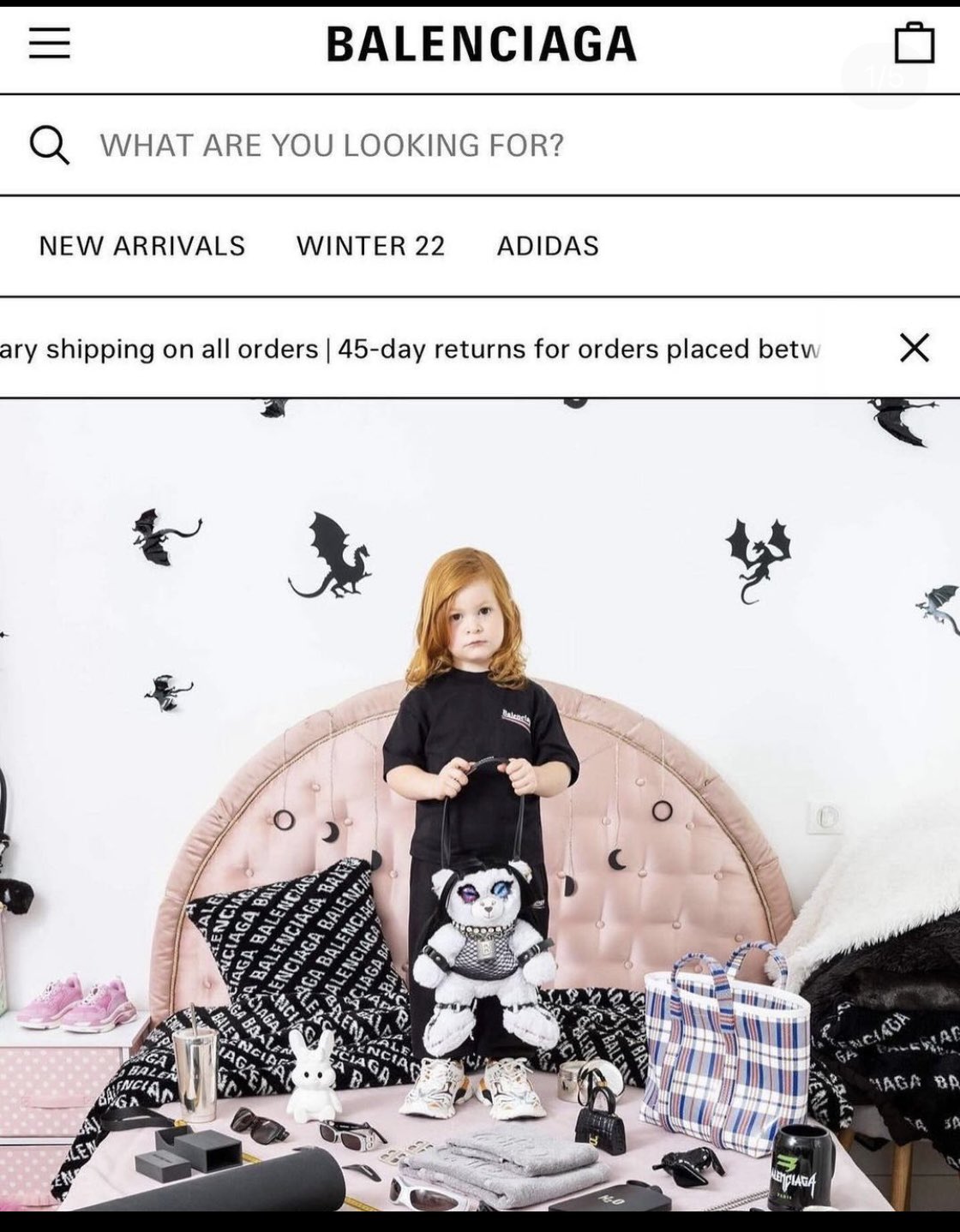
Perhaps even more offensive than the on-the-nose imagery of the child came later on the page.
Balenciaga chose to include both U.S. v. Williams, and Ashcroft v. Free Speech Coalition, which is the document that Balenciaga chose to leave in clear sight in the homepage advertisement here:

Both Supreme Court cases deal with the issues of sexual images of children on the internet, and child porn as a whole. While these used to be viewed as one on the same, since the Supreme Court decision in Ashcroft v. Free Speech Coalition, virtual or only suggestive imagery that otherwise resembles child porn is protected speech. This went against the ruling that set up the Child Pornography Prevention Act (CPPA) in 1996, and removed many of the limits that the CPPA had previously set up. This allows children to be sexualized in multiple different ways, and the court decided that it is considered perfectly legal and falls under protected speech.
In essence, this Supreme Court case deems that children can be used for advertisements like this, no matter how overtly graphic or sexual the imagery may be.
Nonetheless, Twitter and TikTok users noticed the ad campaign, and the subtle imagery used in the ad became noticed on full display.
:
Elon Musk has since added a context notice attached to the Tweet by @Shoe0nHead, adding:
“Although Shoe often makes comments to cause amusement or laughter, this is an authentic Balencia marketing photograph: https://balenciaga.dam.kering.com/m/7d6d72f3dfc4f7fc/Medium-adidas-hp-BSP23_20220717_CM_BALENCIAGA_SP23_06_485_LEX_AVE_0156_MERGED_FINAL_RGB_2105x2600.jpg It contains an except from the US Supreme Court opinion in United States v. Williams, which upheld part of a federal child pornography law. https://www.law.cornell.edu/supct/pdf/06-694P.ZO https://www.scotusblog.com/case-files/cases/us-v-williams/”
